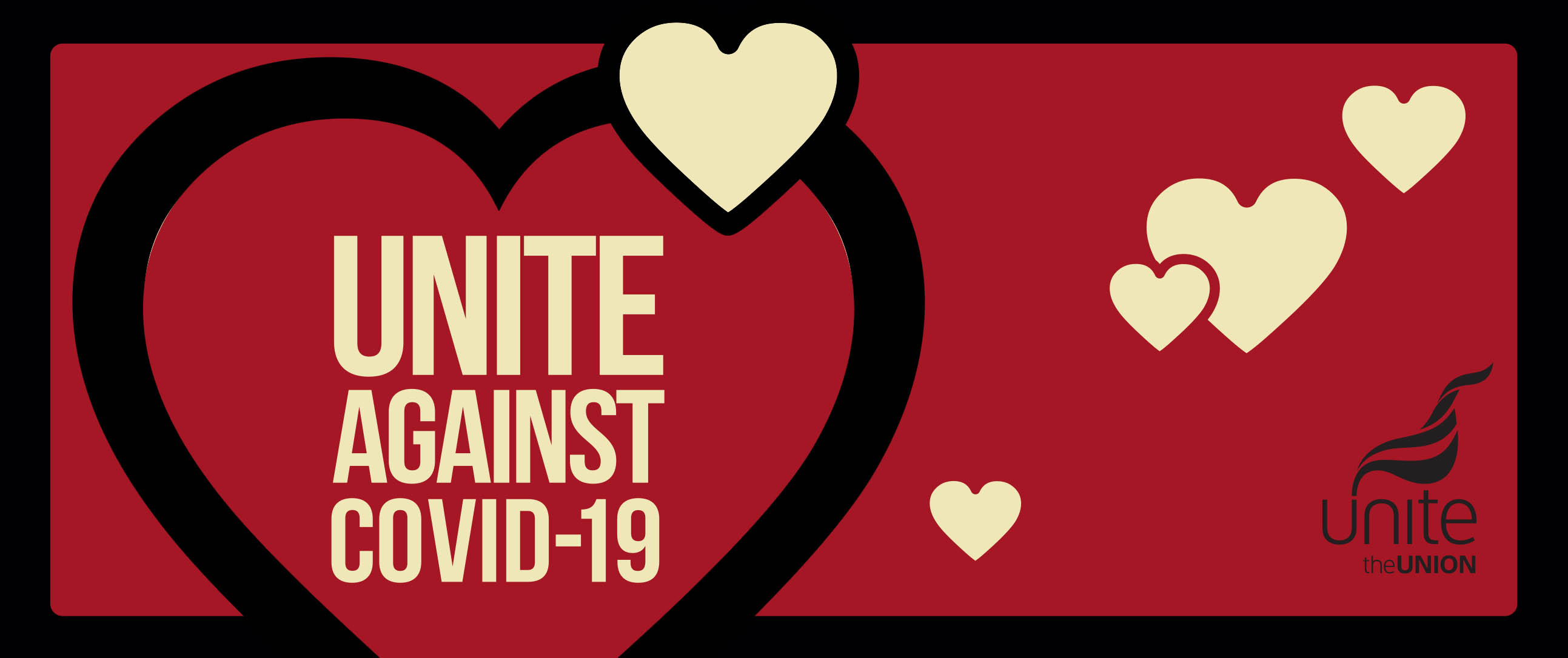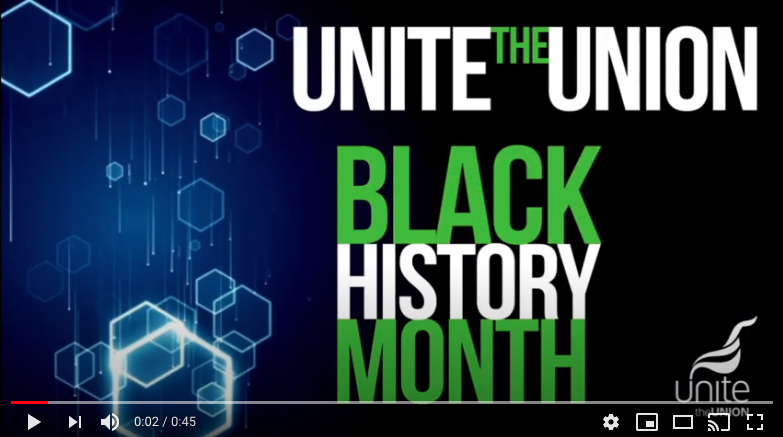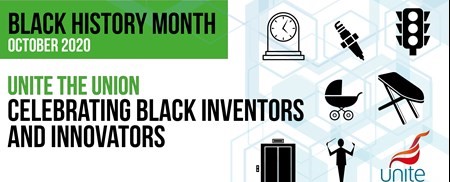Keep on fighting
In our final installment to celebrate Black History Month this week on UNITElive, we meet Unite members Nikita Uddin and Joe Welch
Â
The slave trade is inextricably linked to Britain’s history. While the UK was never a major destination for British slave ships and the imprisoned Africans aboard them, by the mid-18th century there were up to 10,000 free and enslaved black people in London alone. They had an indelible effect on British history and culture.
For Unite NHS rep Nikita Uddin it is important that their struggles and contributions are remembered today.
“When I think of Black History Month I think of all the migrant workers that came to England during slavery and their lineage.
“People need to know why they were here and what they did. In the port cities especially there are such rich histories,” she said.
Parliament abolished the slave trade in 1807, due in part to the efforts of black people like Olaudah Equiano (pictured), a famous traveller and writer who had made England his home after he saved enough money to purchase his freedom.
Equiano was a prominent member of the “Sons of Africa” abolition campaign group, which consisted of 11 other black men.
Prominent
Black people were just as prominent in the rise of trade unionism as they were in the fight against slavery. As secretary of the Shoemakers’ Union at the turn of the 19th Century, William Davidson was one of the first British trade unionists and campaigned against the abhorrent conditions people in Britain worked under.
At around the same time William Cuffay, himself the son of slave, was a leading figure in the Chartist movement and campaigned for universal suffrage and workers’ rights.
Despite being blacklisted from his profession as a tailor for joining a union and striking and eventually being deported for insurrection, he carried on campaigning from a prison colony in Tasmania.
Equiano, Davidson and Cuffay were just some of the early trendsetters of a notable black British political and civil rights activism that spans more than two hundred years and continues to the present day.
Celebrate Â
“It is important to celebrate people like this from our history. It’s an opportunity for us to appreciate the things we’ve done as a race and a culture and impart some of that knowledge to younger black people,” explained South East BAEM chair Joe Welch.
“To give them a sense of history and show them it’s not like it’s portrayed in the media: that as a young black kid you’re not worth anything. You are worth something and there were other black people before you that have come through the system, beaten it and made a difference.”
Reaching out to young ethnic minority people and demonstrating that engaging with organisations like Unite is a way to affect change are crucial issues, says Joe.
Using the past to highlight the potential of the future is one way to motivate young black people disillusioned with political structures that have continually let them down.
“They’re struggling. When you talk to them about things, they’re like â€so what’? What’s the point? They’re all the same. They’re not going to change anything,” said Joe.
“We use examples where people have won in our black history and I think we can change it. We just have to keep fighting.”
With a long line of fighters who beat the odds and achieved great things, young black people certainly have a lot to draw inspiration from.
 Like
Like Follow
Follow


